The recent challenges posed by many emergencies, from natural and man-made disasters to the COVID-19 pandemic, underscore the critical importance of a robust and resilient public health workforce. In response to the pressing need for a coordinated and skilled workforce, the World Health Organization (WHO) has unveiled a comprehensive roadmap and action plan for training and securing the Public Health and Emergency Workforce. This initiative revisits the Essential Public Health Functions (EPHFs), addresses the structure of the global public health workforce, and emphasizes the need for an appropriately trained and resilient public health workforce in addressing public health needs, those considered core public health activities a critical to the health of everyone but less obvious and visible.
Conceptualization of the Roadmap:
The Roadmap’s genesis can be traced back to the G20 Italy Declaration in October 2021, followed by an expert consultation in January 2022. The Roadmap and Action Plan were officially published in May 2022, with the establishment of the Roadmap Taskforce, coinciding with other global initiatives and meetings such as the G7 Berlin Pact for Readiness, and the launch of the Pandemic Fund in November 2022. Noteworthy events in 2023 include the G7 Japan Partnership for Global Infrastructure and Investment and the 3rd Roadmap Taskforce Steering Committee Meeting in July.
Vision & Purpose:
The Roadmap vision is to strengthen the public health workforce in every country, and includes three Action Areas (AAs):
AA1: Operationalizing the Essential Public Health Functions (EPHFs) – an integrated and comprehensive approach to public health
- Identifying and defining the EPHFs & services and their enablers
- Updating and expanding the EPHFs, and adding subfunctions
- This strategic review was achieved through a worldwide expert consultation process.
AA2: Competency and outcomes framework towards the delivery of the Essential Public Health Functions
- Identifying the tasks the public health workforce performs, both regularly as all or part of usual work, and during emergencies
- Mapping the academic and practical training the workforce needs to accomplish these tasks
- Developing a framework for competency-based education.
There are two major sections about competence, personal and practical:
- Competencies for individual public health and emergency workers towards the EPHFs; and
- Practice activities towards Essential Public Health Functions (EPHFs)
This was achieved through a major systematic literature review and content analysis mapping process, refined through an expert review of international experts. Future work involves strengthening institutional processes for updating curricula to ensure appropriate workforce capacities.
AA3: Technical guidance for mapping and measurement of occupations that contribute to the delivery of the essential public health functions including emergency preparedness and response
- Mapping & Measurement of Occupations by developing a standardized approach for occupation mapping.
- Discussions about the International Standard Classification of Occupations (ISCO) revisions.
Again, this was achieved through an international consultation process. The mapping tools and processes have been piloted in seven countries.
Way Forward:
The roadmap sets clearly defined targets for the five-year period from 2022 to 2027, emphasizing a systematic and progressive approach to achieving its goals.
WHO is seeking countries to use at least one of these tools, hoping to enroll 100 before July 2024. The process for becoming involved is not complex and can be found on the Roadmap website (address below).
Reflection & Summary:
In conclusion, the Roadmap responds to the pressing need for a skilled public health workforce, highlighted by the recent pandemic and other recent emergencies.
By paving the way for competent personnel adapted to individual contexts, it aims to create resilient health systems and foster public trust. For those interested in further resources the relevant documents are available in draft form, the final versions to be available early in 2024.
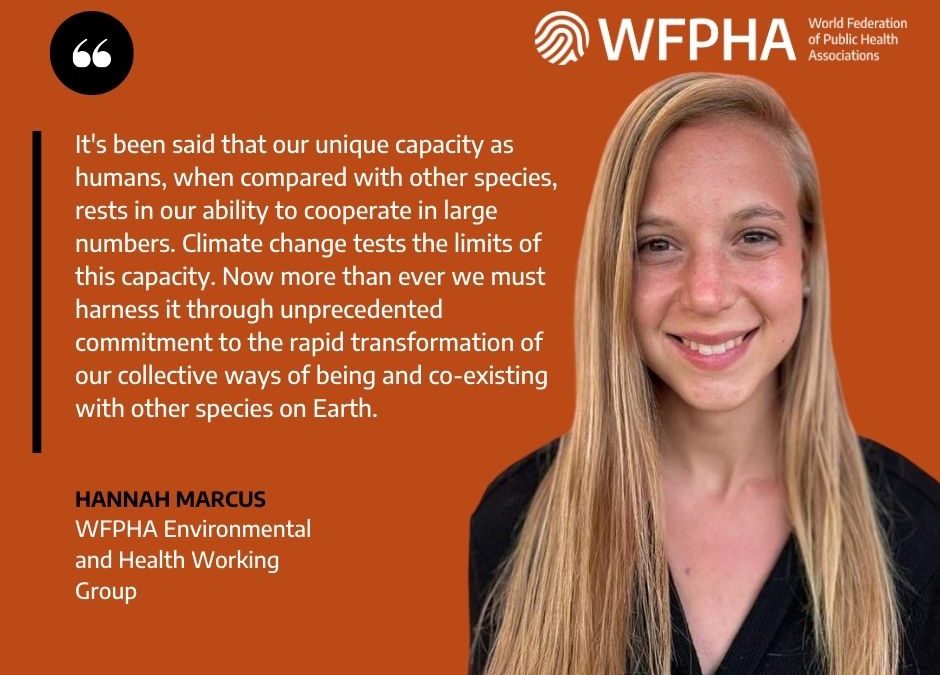
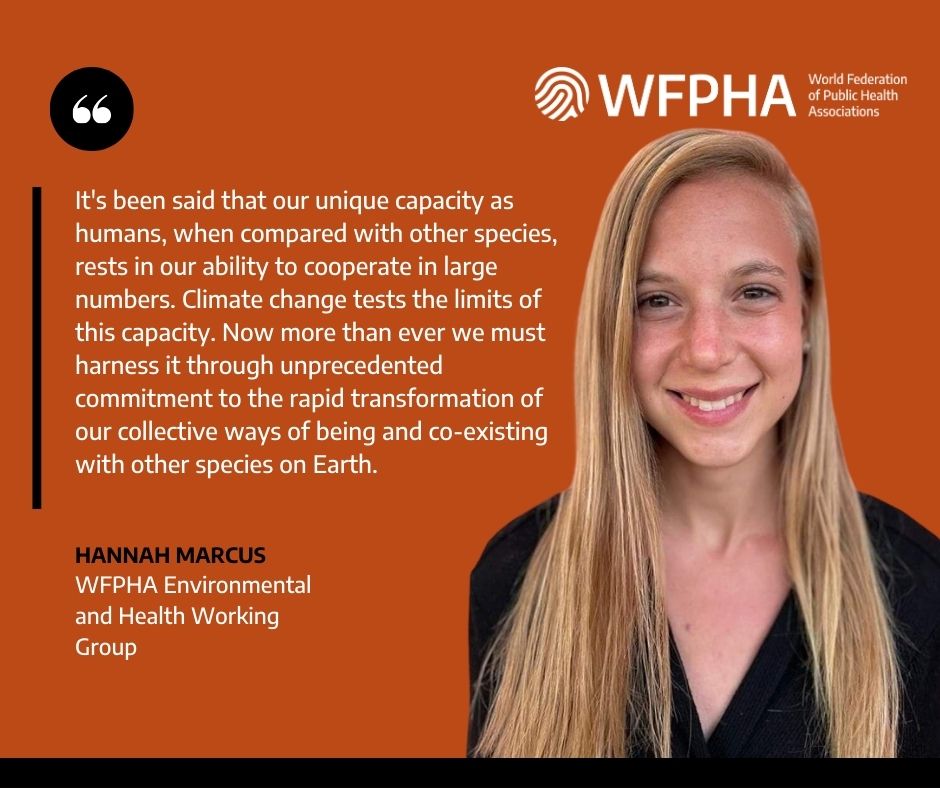

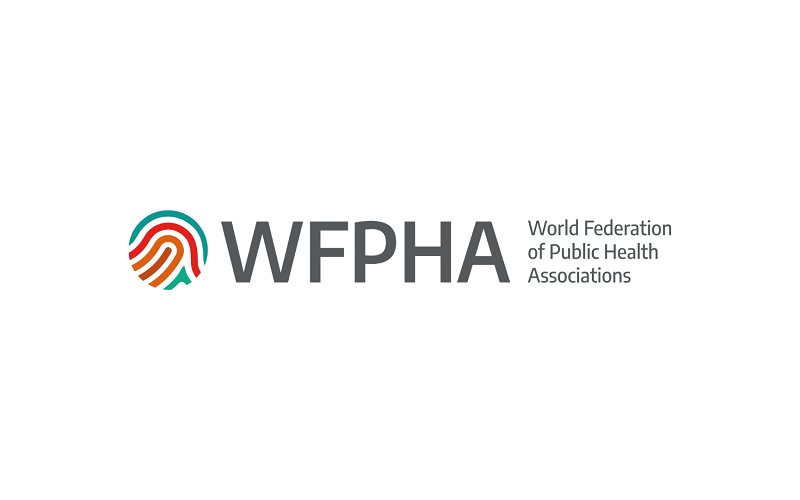
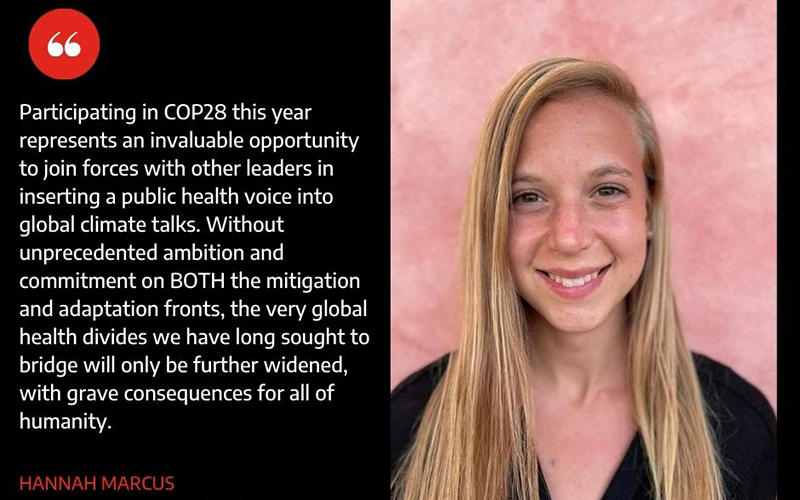
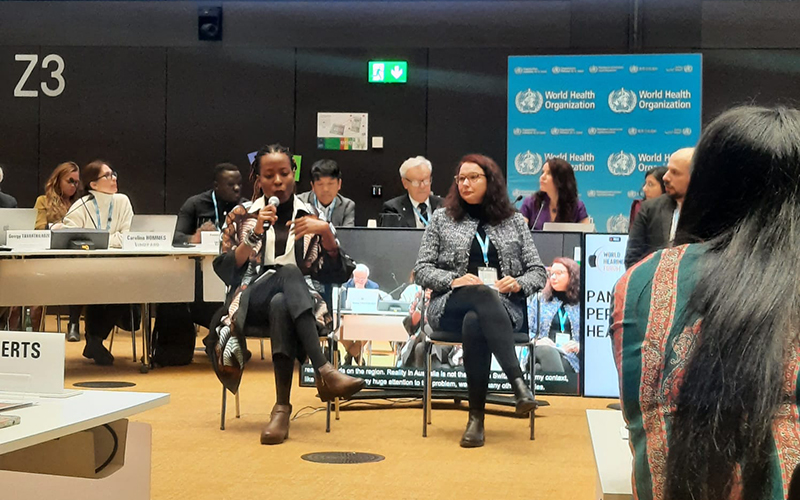
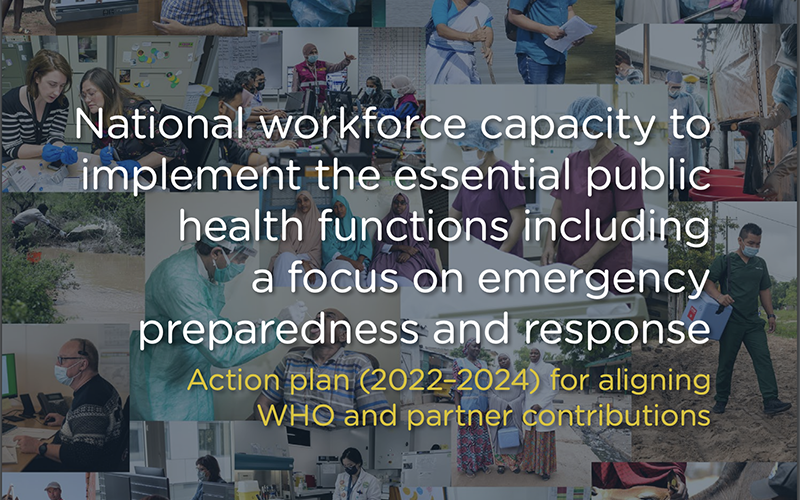
Recent Comments